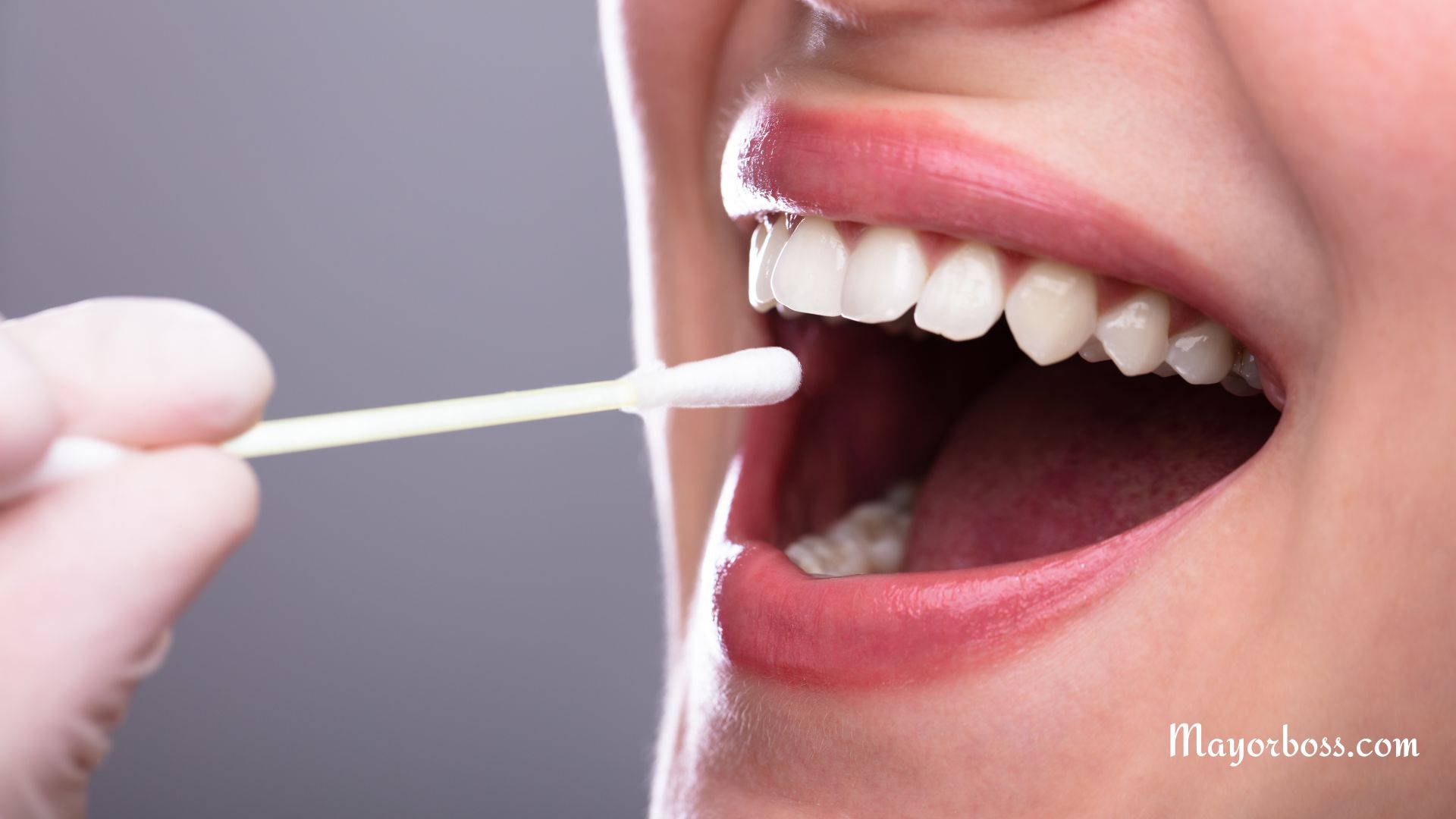The Incredible Power of Saliva: More Than Just Spit
Have you ever thought about saliva? I mean, really thought about it? Sure, it might seem like just a wet, somewhat icky substance in your mouth, but let me tell you, there’s more to saliva than meets the eye – or the tongue!
Most of us take saliva for granted, casually acknowledging its presence when we eat or brush our teeth. But did you know that this humble fluid is a superfluid in disguise, playing a crucial role in your health and well-being?

What is Saliva, Anyway?
Saliva, your mouth’s own personal assistant, is a clear liquid made by several glands in your mouth area. It’s 99% water, but the remaining 1% is a cocktail of enzymes, hormones, antibacterial compounds, and other essential substances that can do wonders for your body.
The Surprising Benefits of Saliva
- Facilitate Digestion: First and foremost, saliva kicks off the digestion process. When you take a bite of your favorite food, saliva jumps into action, moistening the food and breaking down carbohydrates with the enzyme amylase. Without saliva, you wouldn’t be able to enjoy and process your meals effectively.
- Promote Oral Health: Think of saliva as your mouth’s own security system. It helps neutralize acids produced by bacteria, preventing tooth decay and gum disease. Saliva also washes away food particles and keeps your mouth clean – a constant battle it fights silently throughout the day and night.
- Boost Healing: Have you ever noticed how mouth wounds heal quickly? Thank your saliva for that. It’s full of growth factors and proteins that speed up the healing process. This is why a small cut inside your mouth heals faster than one on your skin.
- Taste Enhancer: Without saliva, food would be tasteless. It acts as a solvent, dissolving food particles so they can interact with your taste buds. This is why things taste bland when you have a dry mouth.
- Disease Detector: Here’s where saliva turns into a detective. Scientists are discovering that saliva can be used to detect various diseases, including cancer and diabetes, making diagnosis easier and less invasive.
The Challenges of a Dry Mouth
Now, let’s talk about what happens when you don’t have enough saliva. Dry mouth, or xerostomia, is not just uncomfortable – it can lead to serious health issues like tooth decay, gum disease, and difficulty eating and speaking. This condition can be caused by certain medications, aging, or medical treatments like chemotherapy.
Boosting Your Saliva Production
If you’re dealing with a dry mouth, there are ways to stimulate saliva production:
- Stay hydrated by drinking plenty of water.
- Chew sugar-free gum or suck on sugar-free candies.
- Avoid tobacco and limit alcohol and caffeine, as they can dry out your mouth.
- Maintain good oral hygiene to keep your saliva glands healthy and functioning.
Coping with Excessive Saliva
While we’ve discussed the surprises of too little saliva, what happens when you have too much of it? Excessive saliva, or hypersalivation, can be just as challenging. It might not sound like a big deal, but for those who experience it, it can be both uncomfortable and socially embarrassing.
Hypersalivation can result from various causes, including:
- Certain medical conditions like Parkinson’s disease, rabies, or gastroesophageal reflux disease (GERD).
- Side effects of medications.
- Pregnancy, particularly during the first trimester, is due to hormonal changes.
- Oral infections or inflammations.
The Impact of Excess Saliva
Too much saliva can lead to difficulties in speaking and eating bad breath, and even a higher risk of aspiration (inhaling saliva into the lungs), which can be particularly concerning for individuals with certain neurological disorders.
Managing Hypersalivation
Managing excessive saliva often focuses on addressing its underlying cause. However, there are general strategies that can help:
- Oral Hygiene: Regular brushing and using mouthwashes can manage the bacteria in the mouth that can increase saliva production.
- Postural Adjustments: Adjusting your head and neck posture can help control the flow of saliva, which is especially important for individuals with neurological issues.
- Speech or Occupational Therapy: These therapies can be particularly helpful for those with neurological conditions, helping them learn how to manage saliva flow more effectively.
- Dietary Changes: Avoiding foods and drinks that stimulate saliva production, like sour candies or acidic beverages, can help.
- Medical Treatment: In some cases, doctors may prescribe medications to reduce saliva production. Botox injections into the salivary glands are another treatment option.
Summary
So, the next time you think about saliva, remember that it’s not just a mundane part of your body. It’s a crucial player in your health, aiding digestion, protecting your teeth, speeding up healing, enhancing your taste experience, and even offering clues to your overall health.
Saliva might just be the most underrated superpower you have. Now, that’s something to spit about – or maybe not!






